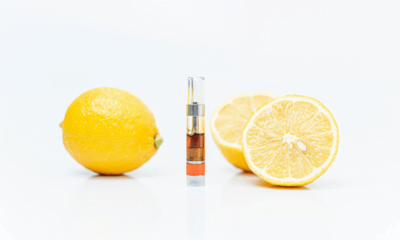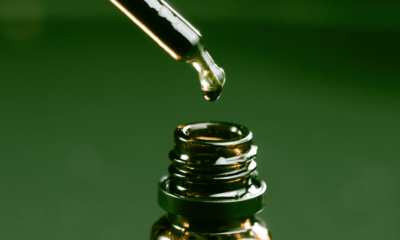Only one in four CBD edibles contains the labeled amount of CBD, according to an international study led by Israel-based Leafreport.
Leafreport recently partnered with Canalysis to test the potency of edibles, one of the fastest growing categories within the CBD market.
According to Leafreport, product labels are often incorrect, finding that only one in four edibles contained the amount of CBD published on the label.
A surprising 63% of products contained more CBD than labeled which could spell trouble for some consumers.
“Edibles are harder to measure compared to tinctures, capsules, and other products, so some discrepancies were expected, but this degree of discrepancy shows yet again the importance of researching the brand before buying and checking the third-party lab results for the products they are most interested in,” said Lital Shafir, head of product at Leafreport.
Experts advise that cannabis products should have cannabinoid levels that deviate no more than 10% from their advertised amount, and high-quality CBD products should contain anywhere from 90% to 110% of the advertised CBD content.
This is a concern for consumers, many of whom rely on the accuracy of product labeling to choose their CBD products, and which may be used for its potential anti-inflammatory, antioxidative, and neuroprotective benefits.
Leafreport’s study found that only a quarter (25%) of the 40 tested products had CBD levels that were close to the amount stated on the label. In fact, three-quarters of the products were off by anywhere from 11% to 177%, and 30% of the 21 brands tested received an F, Leafreport’s worst accuracy rating, because they contained more or less CBD than advertised.
Additionally, only ten of 40 tested edible products (25%) had CBD levels that were within 10% of the claimed amount and received Leafreport’s excellent (A) rating. Surprisingly, those companies with the best-rated CBD products tended to be newer, smaller brands. Meanwhile, more established brands did poorer.
This report follows a slough of others Leafreprort has created with their partner lab, Canalysis, in an effort to create more industry transparency for consumers. All of these previous reports by Leafreport, including our CBD price report and report of CBD Beverages, have also indicated rampant inconsistencies in quality.
Again, this suggests that quality in the CBD space still remains a chief concern and, when it comes to shopping for a good CBD product in this unregulated market, it’s up to the consumer to educate themselves and to demand third-party testing results from brands.

 News6 months ago
News6 months ago
 Science5 months ago
Science5 months ago
 Industry6 months ago
Industry6 months ago
 News6 months ago
News6 months ago
 News5 months ago
News5 months ago
 Health5 months ago
Health5 months ago
 News5 months ago
News5 months ago
 Health3 months ago
Health3 months ago












